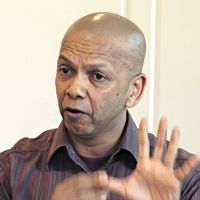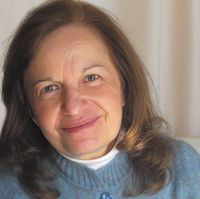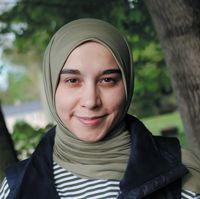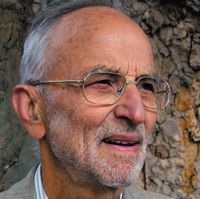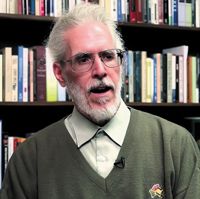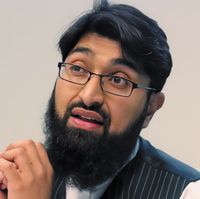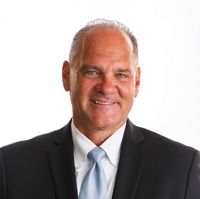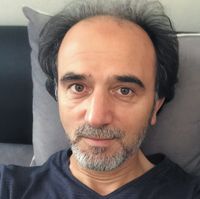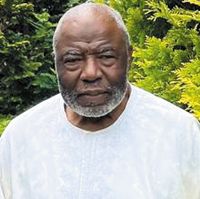
Humanitarian legacy of Fethullah Gülen
Humanitarian legacy of Fethullah Gülen
In This Article
-
Gülen’s well-documented written works and speeches testify to a person deeply moved by his faith, simplicity, moral values, calls to justice and the spiritual underpinnings he desired as lodestars for Turkish society.
-
Wherever the Hizmet Movement has planted its seeds, its work has been characterised by serious attempts to engage — not proselytise — people of various communities.
Muhammed Fethullah Gülen was an Islamic scholar, preacher and social advocate with a decades-long commitment to education, altruistic service and interfaith harmony. He was the leader of the Hizmet (service) Movement, making him one of the most influential Muslim leaders in the world, and he died in exile in the United States on 20 October 2024.
The trajectory of his remarkable life, writings and work is easy to follow. Yet, most of what is written about him online is couched in simplistic, sloppy terms, revealing both the shallowness of social media and its power in creating and controlling narratives.
Erdogan’s rapid morphing into a 21st century absolutist sultan with plans for a 1000-roomed palace—which Gülen denounced as prohibited by Islam and which Erdogan completed—and his removal of prosecutors investigating allegations of his family’s financial corruption were but some of the things that provoked Gülen’s ire. Erdogan had to deal with an ancient challenge faced by numerous dictatorial sultans before: “Who will save me from this pesky cleric who had grown too big for his boots?”
The perfect opportunity came in 2016 with an attempted “coup”. (Among academic scholars, the jury is still out on whether this was a genuine coup or a planned sideshow by Erdogan to rally support.) Gülen and the movement he led were held responsible.
Gülen’s well-documented written works and speeches testify to a person deeply moved by his faith, simplicity, moral values, calls to justice and the spiritual underpinnings he desired as lodestars for Turkish society. He led an austere life, leaving no property or wealth behind.
Not once did Gülen suggest that he was interested in political power. He rejected what he regarded as the politicisation of religion. All the education institutions founded by the Hizmet Movement aimed to produce quality, well-rounded scholars in all fields, including education, science, Islamic and contemporary law.
I have closely observed the Hizmet movement in the US, Europe and South Africa for more than two decades. As a scholar of religion, I can smell a cult a mile away.
Wherever the Hizmet Movement has planted its seeds, its work has been characterised by serious attempts to engage — not proselytise — people of various communities. Notions of winning over “other Muslims” or non-Muslims are absent from its programmes. Its frequent inter-faith dialogue events are just that — to promote understanding between faiths and to advance the values that drive them.
As in 160 countries, Gülen’s vision inspired the global Hizmet Movement in South Africa. This movement has established schools producing the finest matric results in the country, charitable organisations and platforms for interfaith dialogue mainly focusing on promoting science, literacy and community service. The movement has a significant and deeply impressive footprint and is run by full-time volunteers and staff on a small budget.
Most moving is watching these volunteers set aside their pain as they go about the daily basis of their calling: living and acting in service of humanity in general and, more specifically, South African society.
